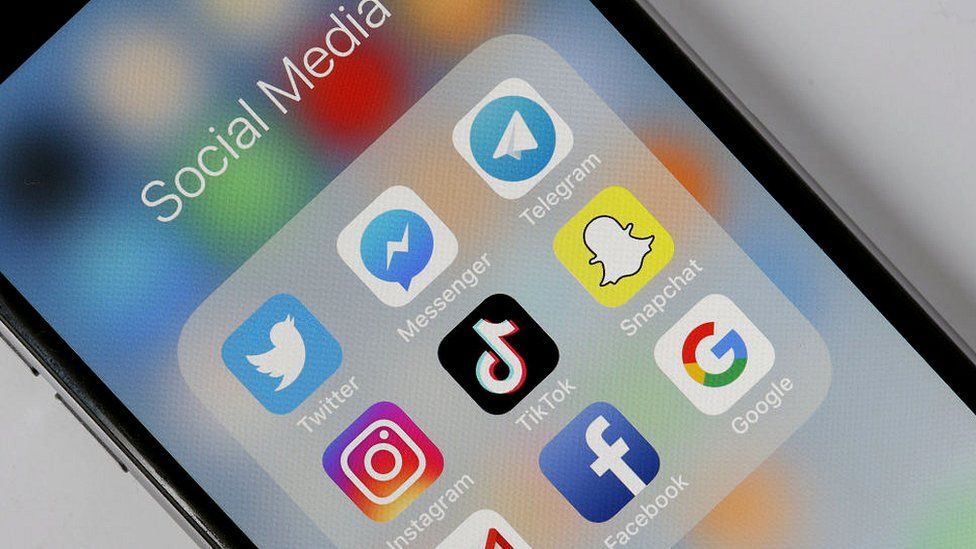India on Thursday rolled out a plethora of new laws to regulate social media companies and digital streaming websites to make them more accountable for the online content shared on their platforms. The suggested laws give the government more power to police the online social media content in pursuit to curb false information.
A new set of rules by the Narendra Modi government mandate online media as well as OTT platforms to follow the existing content codes already followed by the television and print media. The Modi government has also recommended setting up a grievance redressal structure that will look at any violation of the rules.
The new laws as mandated by the government will be used to curb fake news on social media but the experts fear that the proposed laws have an immense potential of breeching users’ privacy. The new rules under the Information and Technology (Intermediary Guidelines and Digital Media Ethics Code) Rules, 2021 also additionally empower the I&B secretary to direct blocking of public access to specific content in case of an emergency.
It has been reported that the regulations will include a strict oversight mechanism that would allow the government to ban content affecting “the sovereignty and integrity of India.”
The Information Technology Ministry said the new regulations would require not only social media platforms like Facebook and Twitter but also WhatsApp and signal to swiftly erase content that authorities deem unlawful. It has also been stated that the new laws will require the social media companies to assist investigations by India’s law enforcement agencies.
The social media platforms will help the government to source track the information of the user in case of content being shared is deemed harmful by the authorities . This raises serious concern for the users’ privacy and calls for unrequired breach of freedom of expression.
The new regulation rules, which seek to regulate digital news media and video streaming platforms, borrow heavily from the existing regulations and the structure governing the television media.
The most rebukeable step in the series of changes proposed to regulate fake news , the government has decided to additionally regulate OTT platforms. OTT platforms from now on will not stream content, which is against the sovereignty and integrity of the country, endangers security of state, which is detrimental to India’s friendly relations with foreign countries, and content, which is likely to incite violence or disturb public order
Information Technology Minister Ravi Shankar Prasad supporting the government’s contentious regulation laws stated that “soft touch progressive institutional mechanism” required for the “security and sovereignty of India, public order, and rape or any other sexually explicit material.”
It has been mentioned that under the laws the social media platforms will be required to remove all the illegal and unlawful content as quickly as possible within 36 hours after they receive a government or legal order.
Prasad during an interview stated that “The government welcomes criticism of the government and the right to dissent, but it is very important that the users must be given a forum to raise their grievances against the abuse and misuse of social media,” .

